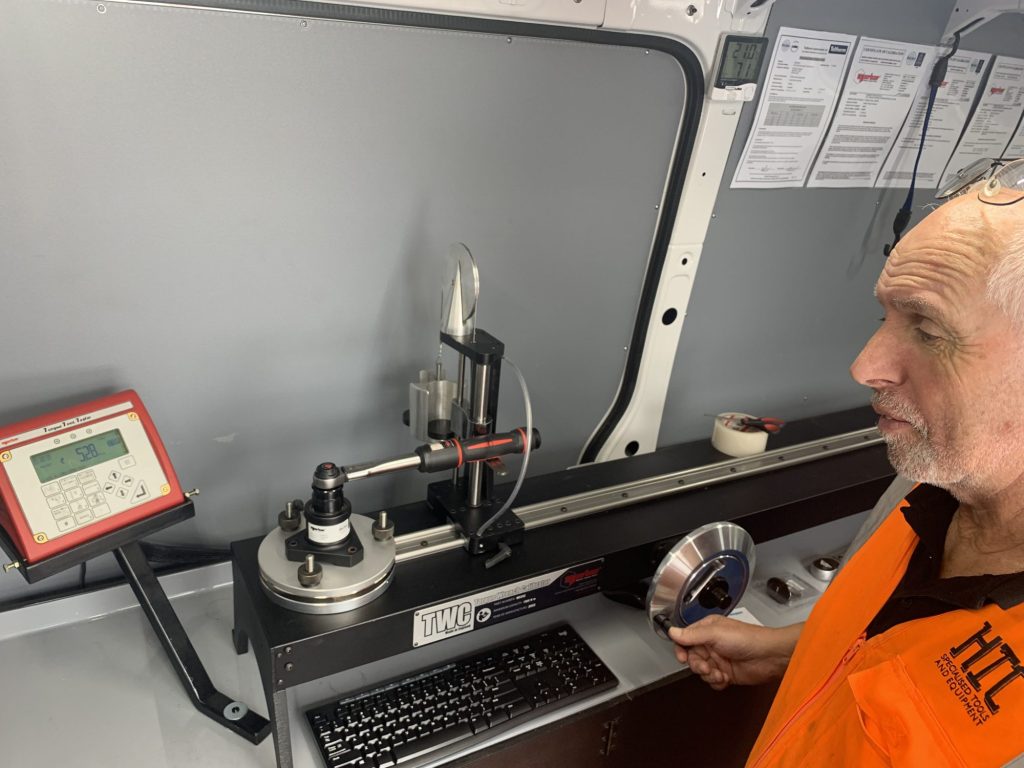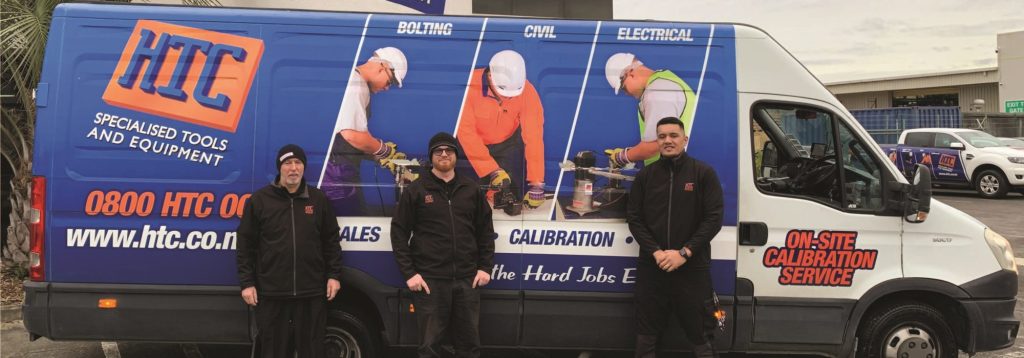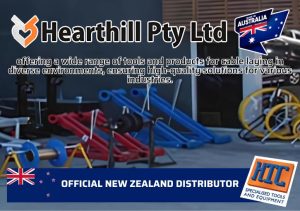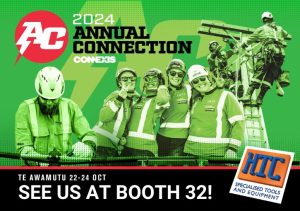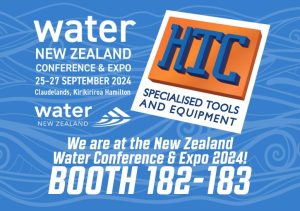The whole point of torque wrenches is that they measure force and indicate when the required force is met. Yet, according to HTC Ltd, if they are not calibrated correctly, they can create dangerous and unnecessary risks for the equipment being worked on and for the operator’s safety.
“Most of us have used a torque wrench at one time or another for tightening fasteners. For some of us it’s an everyday thing,” says HTC Ltd’s General Manager, Daniel Brice.
Most people would also be aware that many road vehicles and many multimillion-dollar pieces of machinery depend on correctly tightened fasteners to avoid damage, downtime or most serious of all, injury. “Using torque wrenches helps ensure correct fastening,” says Daniel Brice “but the torque tool has to remain accurate within tolerances, and that means it also needs a maintenance plan.”
HTC has more than 40 years experience in dealing with high force engineering challenges and that’s why, more than 20 years ago it got into onsite calibration. Its services include certifying tooling but, in particular, helping companies evolve systems that limit their exposure to risk by confirming their tools’ integrity.
Daniel says that over the years, HTC has distilled the following principles into a successful formula that they use to create and develop torque systems and procedures for its customers:
Training: Correct bolting procedures should be established and regulated at management level with floor staff given practical training. In many cases failures occur when procedures are not clearly defined, being both documented and visible. This enables staff members to miss steps if tools are not checked regularly for wear and tear accuracy.
Calibration: In most New Zealand industries, local law and foreign auditing bodies are increasingly enforcing testing and calibration of equipment. Manufacturers of torque tools generally recommend annual calibrations but, in high use situations, shorter service or calibration intervals may be warranted.
Traceability: It is imperative that each tool has a unique serial number and that calibration certificates are kept for three to five years.
Walking the torque: Torque wrenches are ‘measuring devices’ and need to be cared for accordingly. Nine times out of ten, when wrenches become inaccurate, it is due to lack of care. Good quality torque tools are expensive, so it makes sense to keep them in service for as long as possible.
The HTC Calibration Vans can visit your worksite to service your torque wrenches, reducing down-time and courier costs.
HTC Ltd is New Zealand’s leading supplier of torque wrench tools and calibration, servicing and repair services. To book a calibration service for your torque tools visit www.htc.co.nz/calibration-and-testing/ and scroll down to the ‘Book a Calibration’ form. To contact the team directly, call 0800 48 2000.
